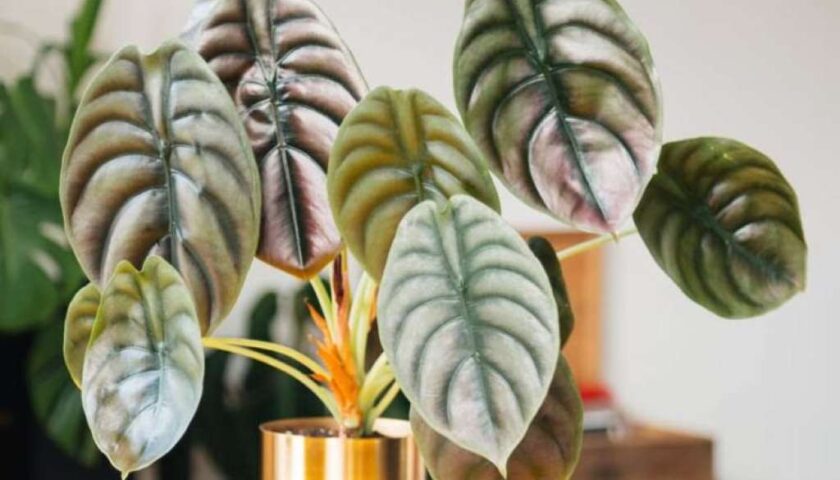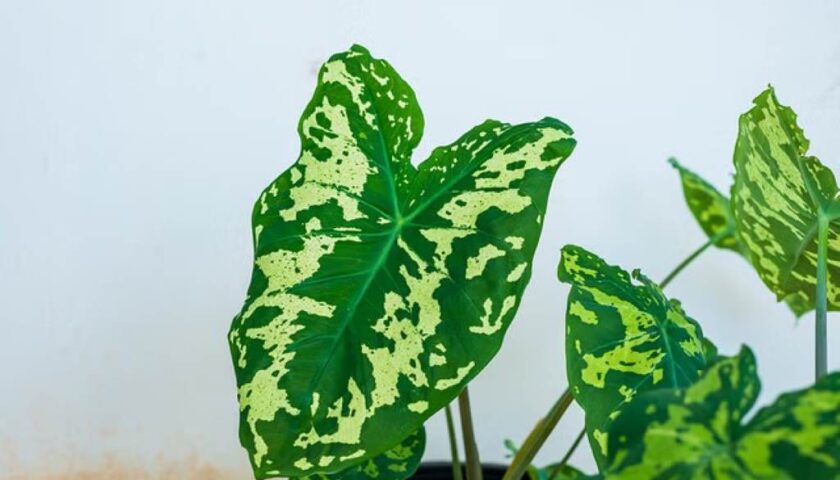Sunflowers are known for their radiant blooms and the delicious seeds they yield, but what about their leaves? Can sunflower leaves be eaten? In this article, we’re going to dive into the world of sunflower leaves, exploring their edibility, nutritional value, culinary uses, and potential benefits. So, let’s embark on this green journey and discover whether sunflower leaves are a hidden gem or best left to the birds.
The Edibility of Sunflower Leaves
Sunflower leaves are indeed edible. While they may not be as popular as the seeds, the leaves of sunflower plants are perfectly safe for human consumption. However, there are some considerations to keep in mind when incorporating them into your diet. Explore do sunflowers grow back after cutting?
Young Leaves vs. Mature Leaves
The age of the sunflower leaves matters. Young leaves, which are tender and mild in flavor, are preferred for consumption. Mature leaves tend to be tougher and may have a more bitter taste.
Cooking vs. Raw Consumption
Most people find that cooking sunflower leaves makes them more palatable. Cooking can help soften the leaves and reduce any bitterness. They can be steamed, sautéed, or added to soups and stews.
Nutritional Value of Sunflower Leaves
Now that we know sunflower leaves can be eaten, let’s delve into their nutritional benefits.
Rich in Vitamins and Minerals
Sunflower leaves are a good source of vitamins A, C, and K. They also contain essential minerals like iron, calcium, and potassium, making them a nutritious addition to your diet.
Antioxidant Properties
These leaves are packed with antioxidants, which can help protect your cells from damage caused by free radicals. Antioxidants play a vital role in overall health and well-being.
Culinary Uses
Wondering how to incorporate sunflower leaves into your meals? Here are some creative culinary ideas:
Sunflower Leaf Salad
Create a fresh and vibrant salad by combining young sunflower leaves with other greens, cherry tomatoes, cucumbers, and a light vinaigrette dressing.
Sunflower Leaf Pesto
Blend sunflower leaves with garlic, nuts, Parmesan cheese, and olive oil to make a delicious pesto sauce that can be used on pasta or as a dip.
Sunflower Leaf Stir-Fry
Add sunflower leaves to your favorite stir-fry recipe for an extra dose of nutrition and a unique flavor.
Potential Health Benefits
Consuming sunflower leaves may offer several health benefits:
Digestive Health
The fiber in sunflower leaves can aid in digestion and promote a healthy gut.
Immune Support
Vitamin C and antioxidants in these leaves can boost your immune system, helping your body fight off infections.
Bone Health
Vitamin K and calcium in sunflower leaves are essential for maintaining strong and healthy bones.
In conclusion, sunflower leaves can be safely consumed and offer a plethora of nutritional benefits. Their versatility in the kitchen makes them a valuable addition to any diet. So, the next time you’re admiring a field of sunflowers, consider plucking some young leaves and giving them a try in your favorite recipes. Nature has provided us with another nutritious green to enjoy!
FAQs
- Are sunflower leaves poisonous?
- No, sunflower leaves are not poisonous. However, it’s essential to consume young leaves and cook them for the best flavor and safety.
- Can I eat sunflower leaves raw?
- While you can eat sunflower leaves raw, they are often more palatable when cooked, as it reduces bitterness and improves texture.
- What do sunflower leaves taste like?
- Young sunflower leaves have a mild, slightly nutty flavor, while mature leaves can be more bitter and fibrous.
- Are there any side effects of eating sunflower leaves?
- When consumed in moderation, sunflower leaves are generally safe. However, overconsumption may lead to digestive discomfort in some individuals.
- Can I use sunflower leaves in smoothies?
- Yes, you can add young sunflower leaves to your smoothies for an extra boost of nutrients and a unique flavor profile.
Now that you’re equipped with knowledge about sunflower leaves, it’s time to embrace their culinary potential and explore the world of nature’s nutrient-packed greens. Happy eating!






